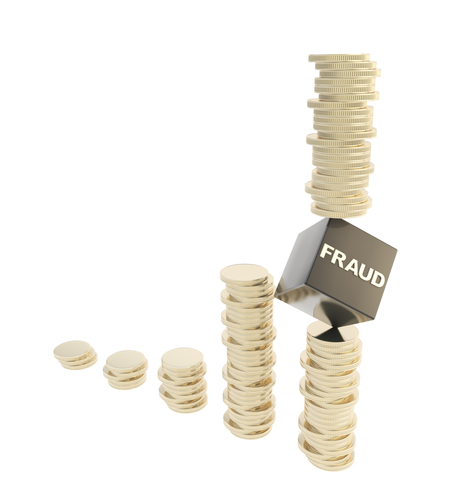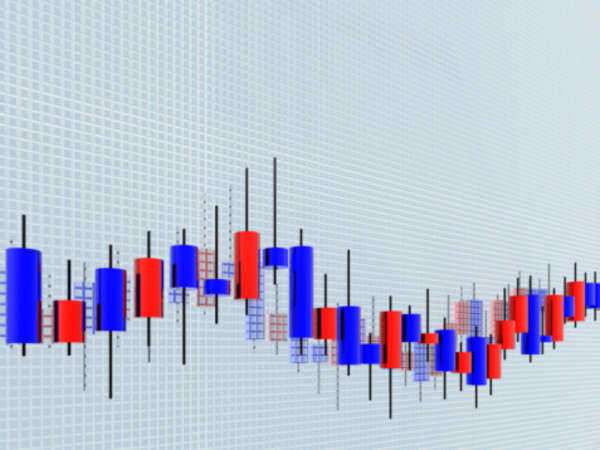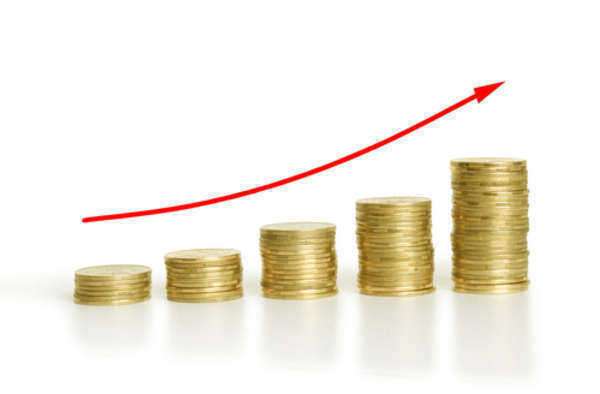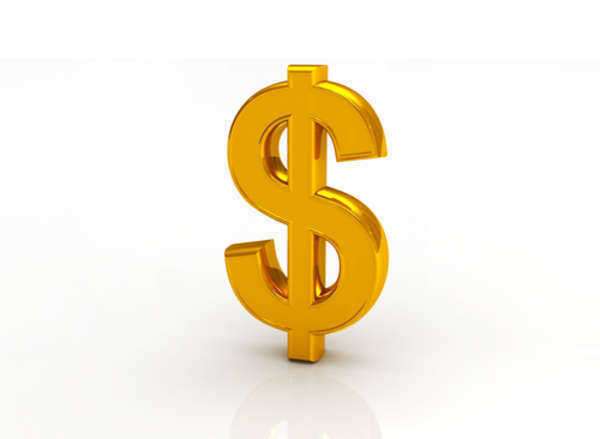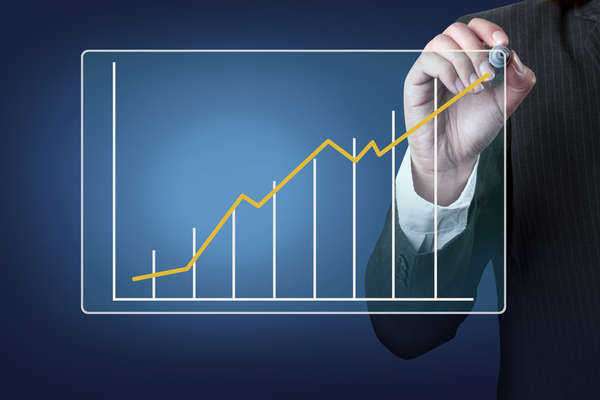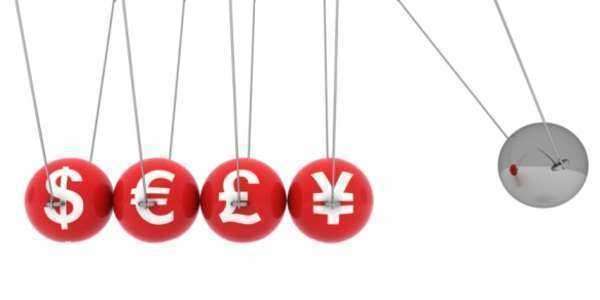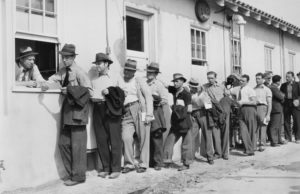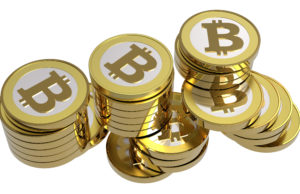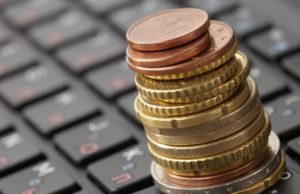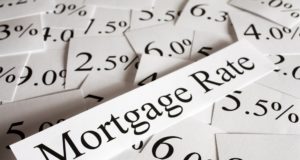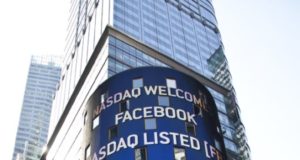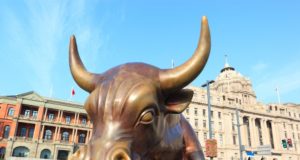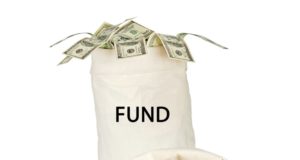Student aid

What is Student aid?
Student consists of government assistance as well as private assistance through scholarships to help students pay for the costs of education including bachelor’s degrees, graduate and professional degrees and for other forms of continuing education. Student aid can take many forms including grants, scholarships, loans, tax credits and deductions, and work study programs. In order to qualify for student aid a student must complete a FAFSA form and submit it to the federal government. The FAFSA form will contain all information relating to the student, and his, or her, families financial needs and will award government assistance for student aid based on that information.
What kind of federal financial aide can I be eligible for?
Your FAFSA form will allow you to apply for numerous kinds of loans and grants that are funded by the federal government. These include Pell Grants, Federal Supplemental Educational Opportunity Grants, Perkins Loans, Stafford Loans, PLUS loans, and Federal Work Study programs.
A Pell Grant is a form of financial aide furnished by the United States Department of Education that helps students who could not normally afford the luxury of a secondary education, the opportunity to attend college or, in some cases, post-bachelor’s degree education. The federal Pell Grant helps 5.4 million individuals pay for college every year through the United States Department of education, which allots $17 billion a year towards the funding of Pell Grants. Grants, unlike loans, never have to be repaid to the federal government.. A Pell Grant will allow a student to receive student aid in a yearly amount of $4,705 that does not need to be repaid to the federal government.
If the funding from a Pell Grant is not enough for your student aid requirements you may also use your FAFSA form to apply for Stafford loans.
Stafford loans are forms of student aid that are sponsored by the federal government through lending institutions. The way they work is that you apply for a loan, through FAFSA, and upon your approval you will be allotted a certain amount of student aid for you education.
There are two main types of Stafford loans. The first are subsidized and the second are not. The subsidized loans are the first type you will want to get from the federal government’s department of education. The amount that will be allotted per student through subsidized loans is low, but usually allows around $12,000 per year. The benefit of these loans is that they do not garner interest until the completion of your education. Federal Stafford Loans are subsidized in that the interest that accumulates while you are pursuing your education is paid for by the federal government.
In contrast, unsubsidized Stafford loans through the federal governments department of education will begin accumulating interest upon the time that your loans are dispersed to you. Because of this reason it is always beneficial for students to avoid unsubsidized loans through either the federal government department of education or through a private lending institution.
The interest rates that are associated with Stafford loans are relatively low. Due to the guarantee of repayment by the federal government a lending institution will charge a lower interest rate and the loan is almost guaranteed to be granted if you meet the requirements. Under current regulations the annual percentage rate of interest for a federal subsidized Stafford loan is 6.6% annual interest for those students who are enrolled in higher education for at least half time. This is going to change under the 2011 amendments under the Budget Control Act of 2011. Under the Budget Control Act new, starting in July 2012, interest rates for both federally subsidized and unsubsidized Stafford loans will be fixed at 6.8% annual interest. In addition, under the Budget Control Act, individuals who are seeking graduate or professional degrees will be ineligible for subsidized loans as of July 1, 2012.
A Perkins Loan is a form of student aid that operates in much the same way as a federally subsidized Stafford loan in that it is a subsidized loan guaranteed by the federal government. The difference is that where a Stafford loan operates by going through a private lending institution to gather funding for the loan, a Perkins Loan takes its funding directly from your educational institution. So the federal government is borrowing money from your university and guaranteeing repayment upon graduation, or the dropping of the student from at least half time status. Federal Perkins loans have an interest rate of 5% per year that begins to accumulate at the time of graduation, or dropping below half time registration. A Perkins Loan will guarantee an undergraduate student as much as $5,500 per year in student aid with a lifetime allowance of $27,500 in student aid; and post-graduate, and professional, students up to $8,000 per year with a lifetime allowance of $60,000 in student aid.
In addition to loans and grants a student may apply for federal work study programs as another form of student aid. Federal work study is a form of student aid that allows a student to work in the community or in their field of study part time in conjunction with their education to help pay for their education. A student who meets the financial needs requirements may be placed in a federal work study program in which the federal government will pay up to 75% of the salary that the student garners through their work study program.

